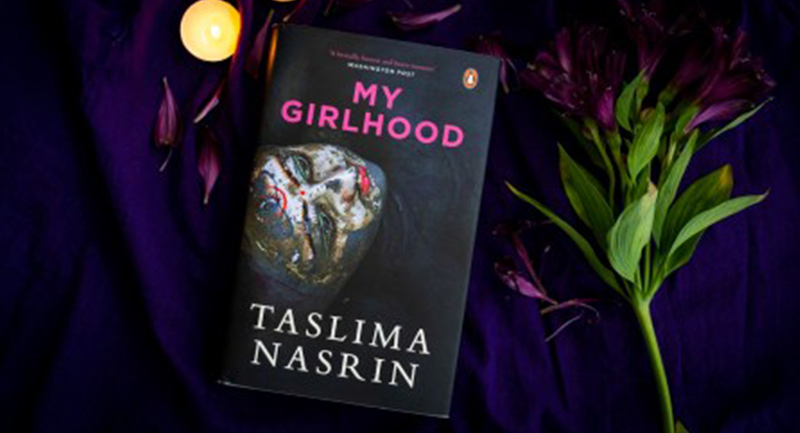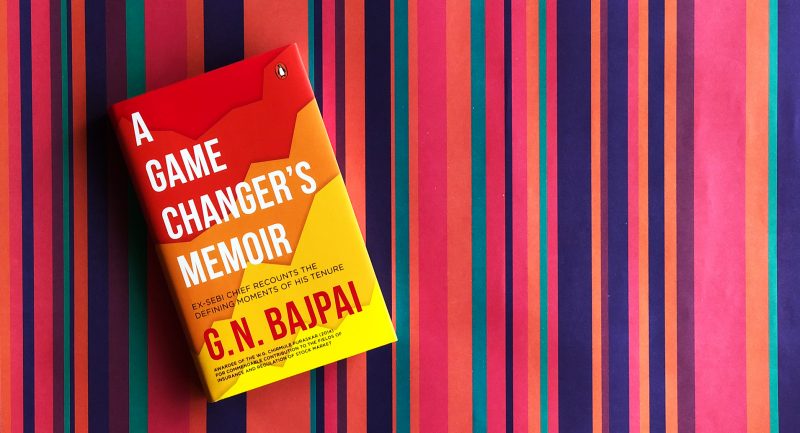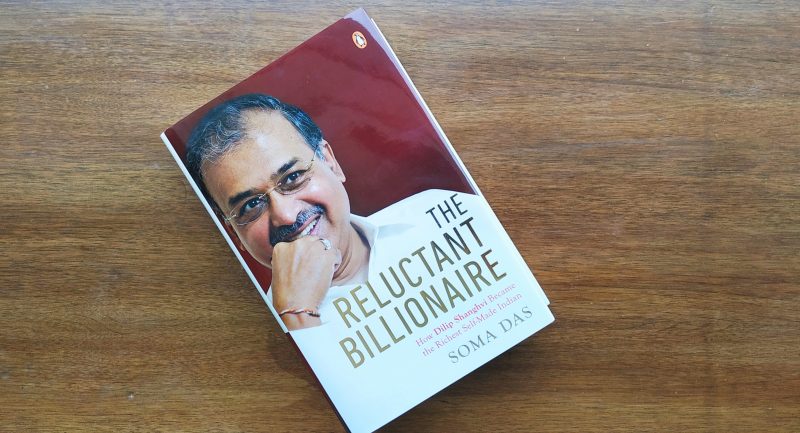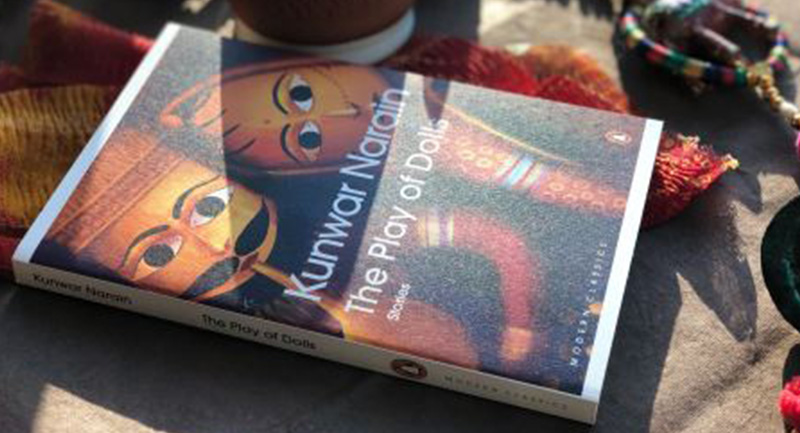
Translated by Maharghya Chakraborty, this latest translation of Taslima Nasrin’s celebrated memoir recollects Nasrin’s early years against the backdrop of the Bangladesh Liberation War of 1971.
My Girlhood revisits Nasrin’s memories of war, trauma, survival, and the beginning of a journey that redefined her world.
Find an excerpt below that gives us a glimpse into life after the War.
*
After the War
The murmurs continued for a few years. Unrest among the people continued to rise as well. Sheikh Mujib formed a political party called Baksal and prohibited all other parties.
‘What sort of government is this that lets its people die in a famine because they have no food?’ Father said one day. Bearded men wearing fez caps materialized out of nowhere and began to clamour that such an Independence was of no value. The country needed to be put back under Pakistani rule. Boromama sighed and said he did not know which direction the country was headed.
‘The government is doing things that did not happen even when Pakistan was ruling us. They are celebrating Shab-e-Baraat in Banga Bhaban with so much pomp. It never used to happen back when this was East Pakistan. Mujib attended an Islamic conference recently. Russia helped us so much during the war and here Mujib is bent on making Bangladesh a part of the Islamic world. The government is even saying things against India. Would we have become free if India had not sent its forces?’
I understood very little of politics. The only thing I knew was that I liked listening to Sheikh Mujib’s 7 March speech whenever it was played on the radio. I would get goosebumps from excitement. ‘This struggle is a struggle for Independence, this struggle is a struggle for freedom,’ this was not just a slogan but a verse that could make the blood boil. In our music classes we would sing ‘Joy Bangla, long live Bangla!’ It was not merely a song, it was something greater, something that sent a jolt through the heart. Every few days pandals would be built in the neighbourhood for music and dance programmes. Every time they would play something on the mike I would be off to see it. Boys and girls would play the harmonium and practise singing and dancing. They all looked so beautiful and their songs always managed to shake me to the core. Like it used to happen while listening to Khudiram’s songs. Kana mama used to tell us Khudiram’s stories, how a young boy had bombed a British Governor-General and embraced death, all for the sake of freedom. I wanted to be like Khudiram, as courageous and as devil may- care.
Then suddenly one day, quite abruptly, something happened that plunged the city into uneasiness again. People gathered on the roads to talk as if the world was about to come crashing down on them any moment. Some had radios stuck to their ear, faces dry, eyes threatening to pop out. What was the matter again? The days of sticking close to the radio for news had come to an end back in ’71, so what had happened again! Whenever things in the country were tense in any way everyone tended to switch on BBC radio for news. No one had too much faith on our own broadcasters. Father too did as expected. I was asked to turn the knob of the radio to try and catch BBC, a big responsibility I felt very proud of having been given. Father never ordered me to do anything except studying, I was never usually asked to participate in anything else. Earlier it was either Dada or Chotda who were asked to turn the knob while I had to stand apart and watch. But that day Dada was away on a work trip to Sherpur for a couple of days. Chotda was not even living with us any more. Hence, the responsibility fell on me. I had almost found the BBC channel when Father asked me to stop. Words could be heard over the ether, broken fragments of half-truncated news.
Sheikh Mujib was dead.
From her birth on a holy day to the dawn of womanhood at fourteen to her earliest memories that alternate between scenes of violence, memories of her pious mother, the rise of religious fundamentalism, the trauma of molestation and the beginning of a journey that redefined her world, My Girlhood is a tour de force.









